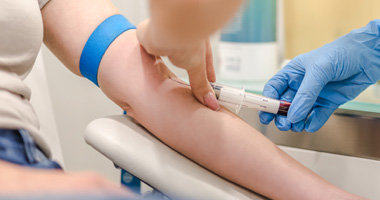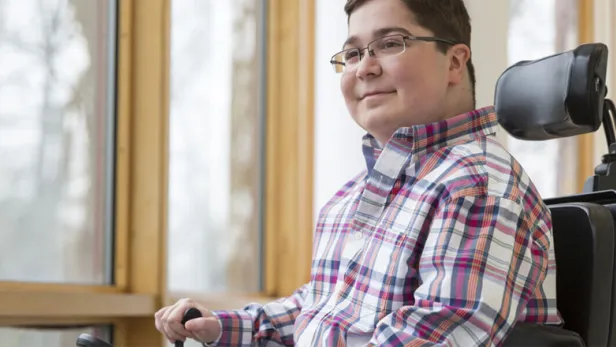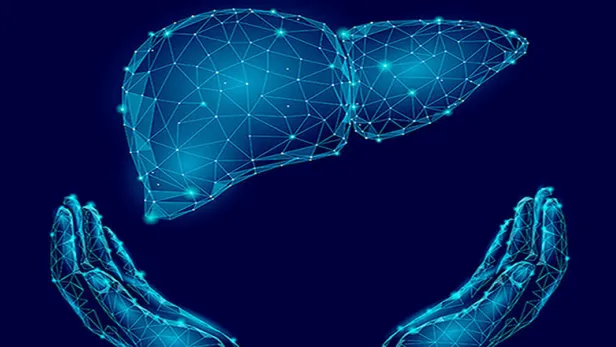Genes are the foundational code of human life, and are composed of DNA. Some genes guide the construction of proteins, which perform various functions in our bodies. We inherit our genes from our parents.1,2
Genetic disorders, also sometimes called genetic diseases, occur when something changes in the typical pattern of DNA. These changes, called mutations or variations,3 can affect a single gene or multiple genes. Mutations can stem from environmental factors or from damage to chromosomes, which are the structures that contain DNA.4 People can inherit mutations from one or both of their parents, and variations can happen at any point in a person’s life.5
What are genetic disorders?
Genetic disorders can arise when mutations change a gene’s encoded instructions for making proteins.5 The location of a gene variant and its impacts on the operations of essential proteins influence the kinds of health effects a person may experience.6 Most mutations don’t affect health or development at all.7
Types of genetic disorders include:5
- Single-gene disorders: These disorders are the result of a mutation to one gene.
- Chromosomal disorders: These occur when a chromosome or part of a chromosome is missing or altered.
- Complex disorders: Complex disorders occur when mutations (variations) occur in two or more genes. Lifestyle and environment often influence complex disorders.
How are genetic disorders identified?
Gene mutations can range from benign, meaning a variation is not associated with disease, to pathogenic, which signals that the mutation causes disease.7
Healthcare professionals may explore whether a genetic disorder is present based on a person’s physical attributes, family health history, or screening test results.8 A diagnosis of a genetic disease typically depends on information from:8
- Genetic testing
- Physical examination
- Personal and family health histories
- Additional types of laboratory testing
- References
- What is a gene? MedlinePlus. https://medlineplus.gov/genetics/understanding/basics/gene/. Updated March 22, 2021. Accessed May 15, 2023.
- Gene. National Human Genome Research Institute. https://www.genome.gov/genetics-glossary/Gene. Updated April 4, 2023. Accessed May 15, 2023.
- What is a gene variant and how do variants occur? MedlinePlus. https://medlineplus.gov/genetics/understanding/mutationsanddisorders/genemutation/. Updated March 25, 2021. Accessed May 17, 2023.
- Genetic disorders. National Human Genome Research Institute. https://www.genome.gov/For-Patients-and-Families/Genetic-Disorders. Updated May 18, 2018. Accessed May 15, 2023.
- Genetic disorders. MedlinePlus. https://medlineplus.gov/geneticdisorders.html. Updated December 7, 2016. Accessed May 15, 2023.
- What kinds of gene variants are possible? MedlinePlus. https://medlineplus.gov/genetics/understanding/mutationsanddisorders/possiblemutations/. Updated November 4, 2021. Accessed May 15, 2023.
- Do all gene variants affect health and development? MedlinePlus. https://medlineplus.gov/genetics/understanding/mutationsanddisorders/neutralmutations/. Updated March 25, 2021. Accessed May 15, 2023.
- How are genetic conditions diagnosed? MedlinePlus. https://medlineplus.gov/genetics/understanding/consult/diagnosis/. Updated May 12, 2021. Accessed May 15, 2023.





